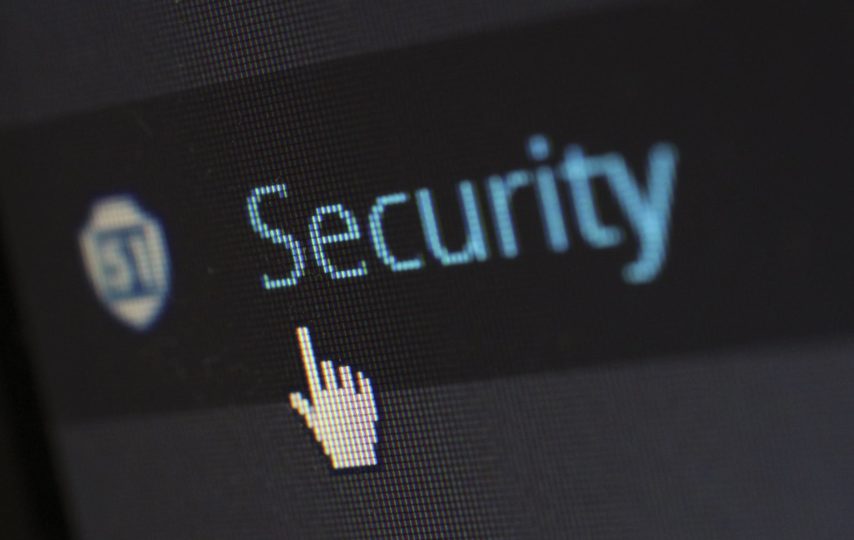Whenever we need advice, the internet is often the first thing we consult—be it for restaurant recommendations or movie reviews. Another key area people have also been going online for is to seek legal help, as previously discussed by Amit Gupta. But as more law professionals continue to take their business online, this means that cybersecurity has become a pressing issue for both the law firms and the clients.
The law industry is one that deals with sensitive information on a daily basis—from client cases, to private documents. This means it has an obligation to have strong cyber security measures.
The Threat of Cyber attacks
2019 was a good year for hackers. In a recently published report by software firm Quick Heal, it was revealed that there were around 973 million recorded attacks. Interestingly, it wasn’t just big name companies like Yahoo! and Uber who made the list. Cyber attackers targeted small businesses and multi-national corporations alike.
According to the same report, Trojans were the top threat. Disguising themselves as emails and files, Trojans are a malware that destroy a database. Once it gets into a computer’s system, it starts installing more viruses almost immediately.
A law firm would be a primary target for these sorts of attacks due to the sensitive information that cyber criminals look for. Using the clients’ personal details, they can fraudulently apply for loans and credit cards under their name. And with an email address, they can get access to online accounts and target PCs with ransomware. Phone numbers can also be used to scam clients into sending money. Due to the nature of hiring a lawyer, a law firm will have much more personal information on their systems than other industries. This is why law firms are such a popular target for cyber criminals.
Protecting the Client’s Data
While there’s no definitive way to protect yourself from all types of data breaches, there are practices that immensely lower the chances of it happening. These include:
- Making sure that the entire firm is aware of the threat of cyber attacks (not just your IT department)
- Organising data storage
- Training employees to recognise phishing attacks and viruses
- Keeping the systems updated so that they are equipped with the necessary defences against new forms of malware
In the event of a data breach, the company has to make sure they have a standard protocol. Doing so helps minimise the consequences.
The Ethics of Cybersecurity
Of course, any cybersecurity protocol will inevitably bring in questions of ethical compliance, such as who has access to key information. This is something all law firms need to iron out. As outlined in Special Counsel’s guide to how law firms use data collection, lawyers have to follow industry standards when acquiring information from personal computers and mobile devices. The person whose data is being acquired needs to be properly protected at all times. This has led to an increase in demand for experts who know how to handle such information. However, it’s a challenge to find professionals who are highly qualified and trained in working with these tech solutions. You should think about who has access to what information, but more importantly why a certain person should have access. Having strict controls will increase accountability – protecting both the firm and client.
One negligent move on anyone’s part, and your entire database could be put at risk. Just like tech author Gerd Leonhard writes on Security Roundtable, “The most advanced security technology will be useless if those who hold the key and those who use it, act unethically, with evil intent, or with negligence.”
Securing your data is not a one-time task. Technology evolves, and so do threats. Make sure you’re updated on all recent forms of attacks and are taking the necessary steps to prevent them from coming. Your clients have trusted you with their data, so the least you can do is make sure that trust is well-placed.
—







